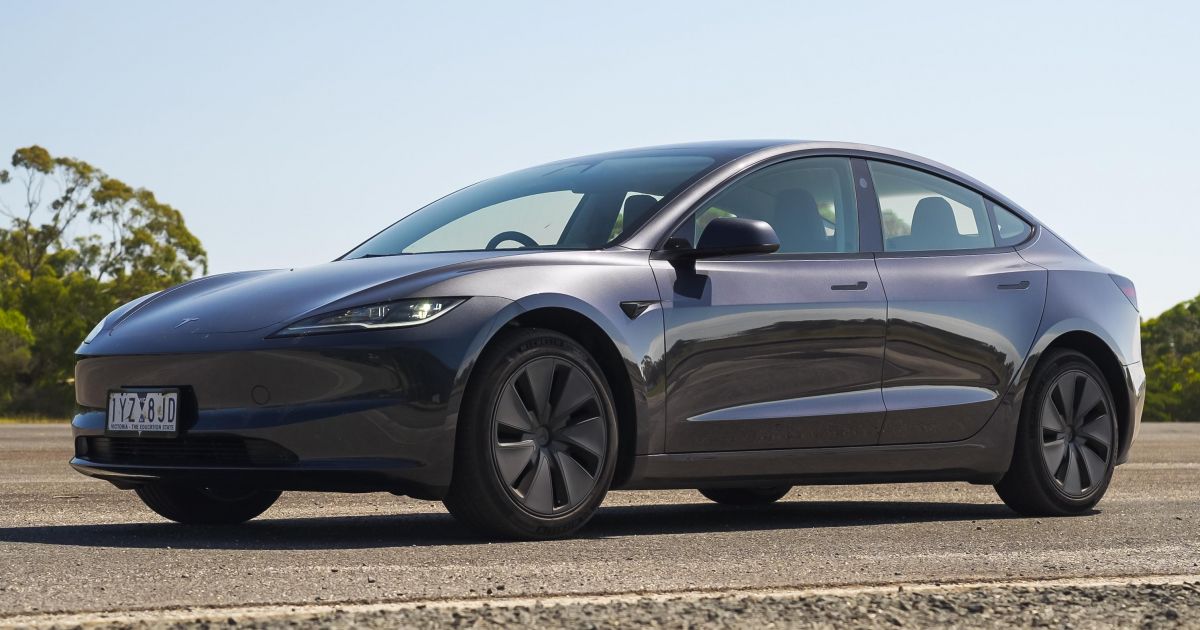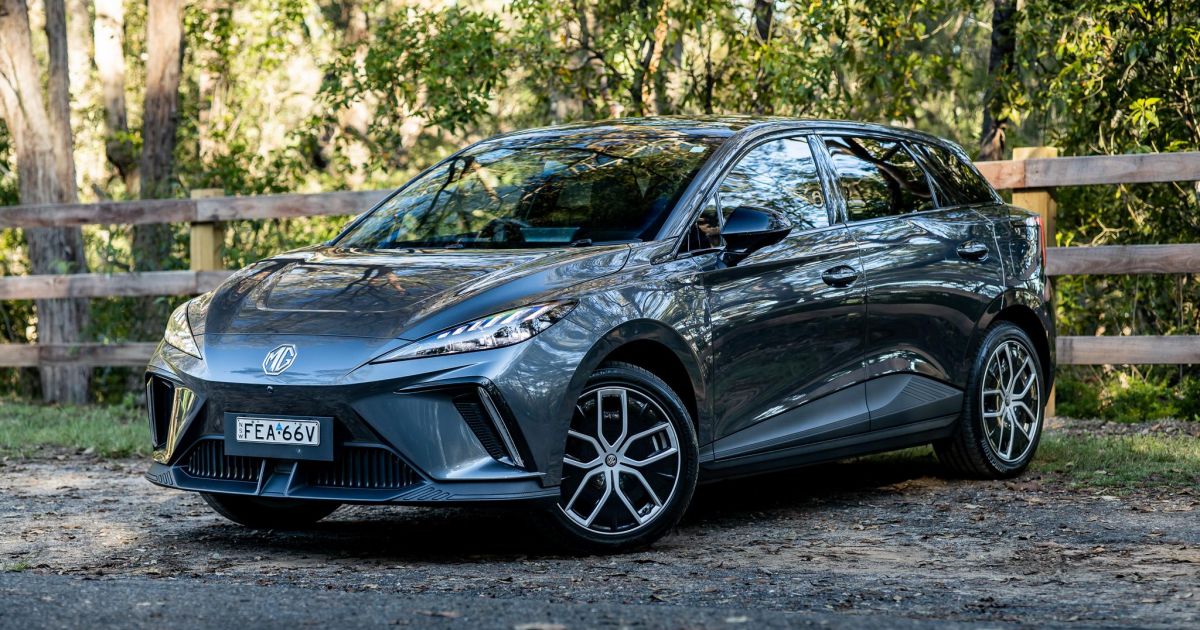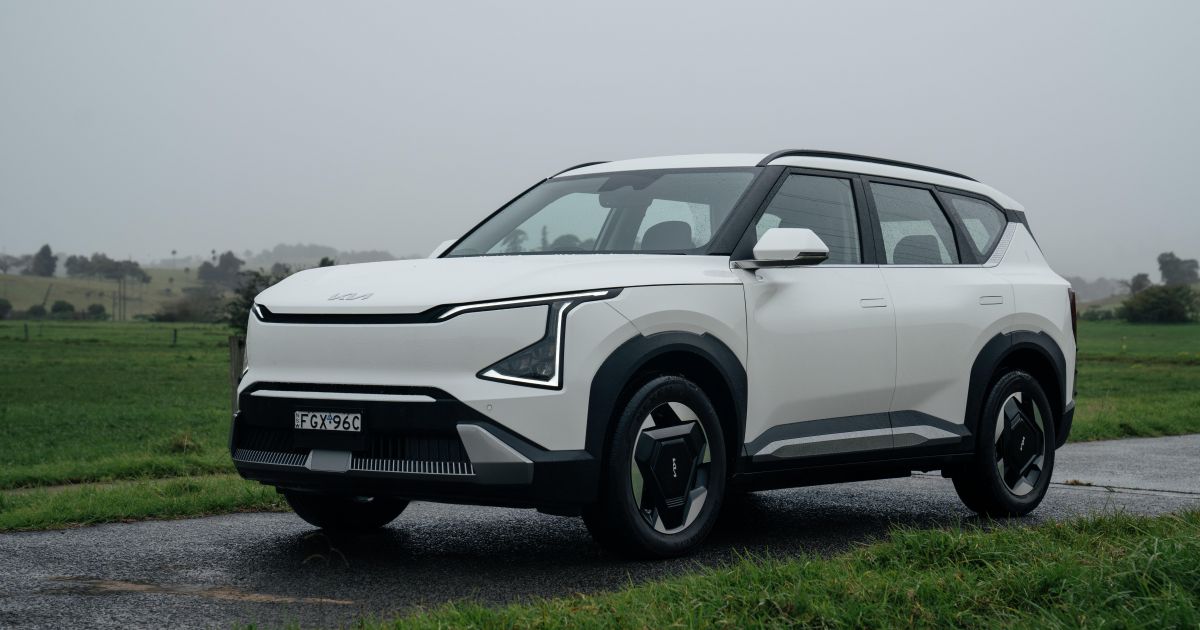While it has now ended for plug-in hybrid vehicles (PHEVs), there remains a Fringe Benefits Tax (FBT) exemption for electric vehicles (EVs) in Australia – and the federal Opposition doesn’t plan on scrapping it should it win the upcoming federal election.
When asked whether a Coalition government would repeal the EV tax break, Opposition Leader Peter Dutton made no such pledge – even though the shadow treasurer, Angus Taylor, called it “bad policy dressed up as tax reform” back in March.
“No, we’ve said that what we’re opposed to is the Government’s big tax on hybrids,” Mr Dutton said in response to the question.
Hundreds of new car deals are available through CarExpert right now. Get the experts on your side and score a great deal. Browse now.
“For example, on a Toyota RAV4 almost $10,000 additional people will be paying if Mr Albanese is re-elected, for a Toyota hybrid. It just doesn’t make any sense,” he continued, repeating his criticisms of the New Vehicle Efficiency Standard (NVES) passed by the incumbent Labor government.
“I want people to have choice. If people want to buy an EV, that’s fantastic. If they want to buy a Ford Ranger or a Toyota HiLux or whatever it might be, that is a choice that they should have and the government whacking a new tax on those people who are in the market over the next few years to buy a car.
“I think a lot of Australians would be shocked to know that Anthony Albanese is proposing a $14,000 tax on a Ford Ranger, one of the most popular cars in the markets so we don’t have any proposals to change those settings otherwise.”
The FBT exemption is available for EVs priced below the Luxury Car Tax (LCT) threshold of $91,387 when bought through a novated lease.
The Coalition voted against the scheme – called the Electric Car Discount Bill – in parliament back in 2022.
In order to secure the support of cross-benchers, the bill was amended to exclude PHEVs from April 1, 2025.
The scheme is set for review this year, after the May 3 election.
Under the scheme, the government effectively absorbs the cost of your employer’s FBT bill, which would typically be passed on to you, bringing annual savings of up to five figures.
Per a report by the Australian Financial Review, the FBT exemption has cost taxpayers 10 times more than initially projected, with the government reportedly losing approximately $564 million in tax revenue annually.
In the time since its introduction, EVs have gone from accounting for 1.8 per cent of new vehicles sales to 7.4 per cent at the end of last year. Likewise, PHEV sales have risen, from less than 1.0 per cent of the new-car market to almost 2.0 per cent.
“The Electric Vehicle Council is pleased to see our call for bipartisan support during the election campaign answered, with the Coalition’s backing of the FBT policy,” said Julie Delvecchio, the chief executive of the Electric Vehicle Council (EVC), a lobby group for EV owners, in a press statement today.
“It is clear both major parties recognise the importance of this policy in cutting the cost of living for all Australians. Maintaining this commitment means more Australians can confidently plan for an electric future knowing the next government will support the decision to go electric.”
The EVC also claims EV buyers can save up to $3000 annually in fuel and maintenance costs, with the FBT scheme also helping to grow the used electric car market and thereby get even more people behind the wheel of an EV.




